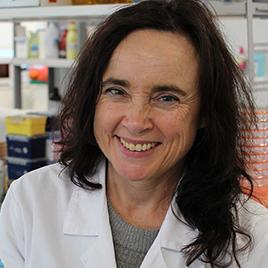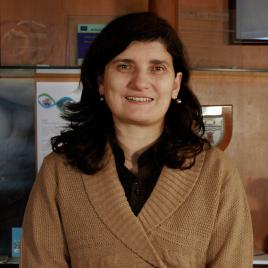Objectives and competences
The Project in a Professional Context curricular unit aims to provide a first experience of integration into a real working environment where knowledge and skills in the bioeconomy component and in the biotechnology area(s) of interest to the student can be deepened. Carrying out the project in a non-academic environment allows the student to apply and integrate the knowledge acquired in solving problems in companies or other organisations, as well as the student's professional development. Students are also expected to
- Develop socio-professional competences that span the curriculum
- Promote adaptability, organisation and work planning skills
- Promote critical thinking and ethical and professional behaviour
- Promote employability.
The relationship with the non-academic community contributes to a more integrated teaching model and to lifelong learning.
Teaching Methodologies
Each year several projects are offered in different areas of biotechnology and their respective host organisations. From the various options available, students choose the one(s) that best suits their objectives. The project topic/place is allocated considering the student's choice and the selection criteria of the host organizations. Depending on the topic of the project, the CU teaching team will identify the ESB tutor, a teacher or researcher, who will accompany the student. Throughout the project, in addition to supervision by the supervisor, monthly meetings are held with the tutor.
Learning is stimulated by the opportunity to observe and actively participate in the activities of the host organisation in which the student is integrated, as well as by the supervision of the supervisor and the tutor both during the project period and during the preparation of the project report and public examinations.
Syllabus
The curricular unit of Project in a Professional Context, as stated in its objectives, does not aim at a set of specific curricular contents but rather at an integrating experience in a real professional context, bringing together the knowledge and skills developed throughout the study cycle and promoting the student's critical reflection on the different issues that arise in the exercise of the profession (e.g. scientific, technical, relational, ethical).






